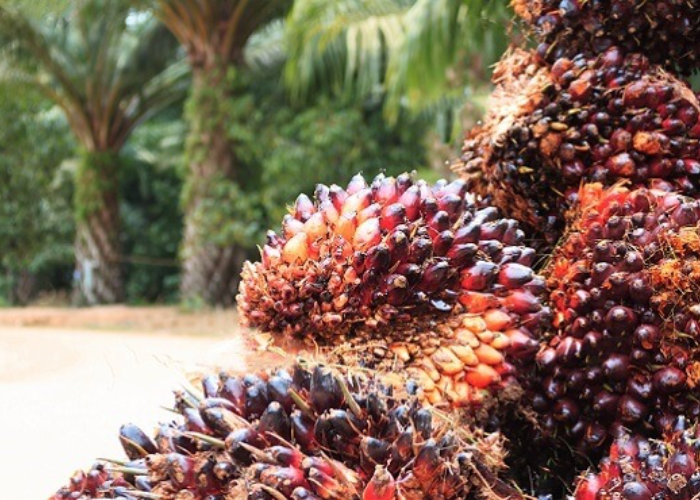The growth of sustainable palm oilSUSTAINABLE PALM OIL: EUROPE'S BUSINESS - EPOA
- 11 October 2022
- Posted by: Competere
- Categories: highlights, News, Sustainable Nutrition

On September 21, European Palm Oil Alliance published the report “Sustainable Palm Oil: Europe’s Business – fact, analysis and actions to leverage impact“. The report provides an in-depth analysis of the current trends and developments in the European palm oil market and supply chain. Improving the sustainability of palm oil supply chains will be crucial in the coming years.
.
>> Download the full report <<
According to the report, global production of palm oil has been climbing rapidly for five decades and is expected to grow at a compound annual rate of 5.1% in terms of revenue from 2022 to 2030. These figures show the crucial role of palm oil in meeting the rising European and global demand for edible oils and how important sustainable production is for the people involved and the long-term health of our planet.
However, while the European market for sustainable palm oil has reached high levels, Europe’s total palm oil imports are decreasing. The report calls upon other markets to commit to sustainable palm oil and encourages European companies and stakeholders to sustain and strengthen efforts to drive the sustainable palm oil market transformation at a global level.
Understanding the state of palm oil in Europe will provide these key players, such manufacturers, retailers, and food service providers of palm oil, with the tools necessary to improve the sustainability of palm oil supply chains.
INCENTIVES AND DISINCENTIVES
For end-users, the consideration to engage in sustainable palm oil essentially depends on two factors: (1) the ‘costs’ of making the investment, and the (2) ‘benefits’ derived from supporting sustainable palm oil versus conventional palm oil. The relative value of these costs and benefits either pose a disincentive or an incentive for companies to support SPO.
FIVE ACTION AREAS
The five action areas through which palm oil end-users can improve sustainability of their palm oil supply chains are: (1) improving traceability of palm oil to processor, mill or plantation, (2) committing and implementing to No Deforestation, No Peat, No Exploitation (NDPE), (3) joining a palm oil initiative for sustainable sourcing, (4) getting certified along the supply chain, (5) joining a landscape approach to address sustainability at a jurisdictional or regional scale. The report provides more actionable recommendations to a wide group of readers on their sustainability journey.
.

